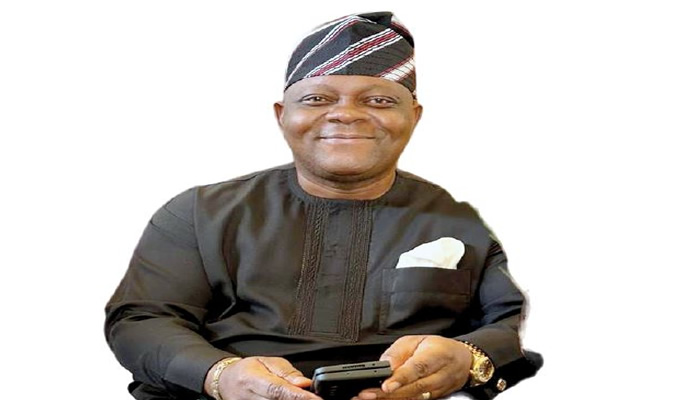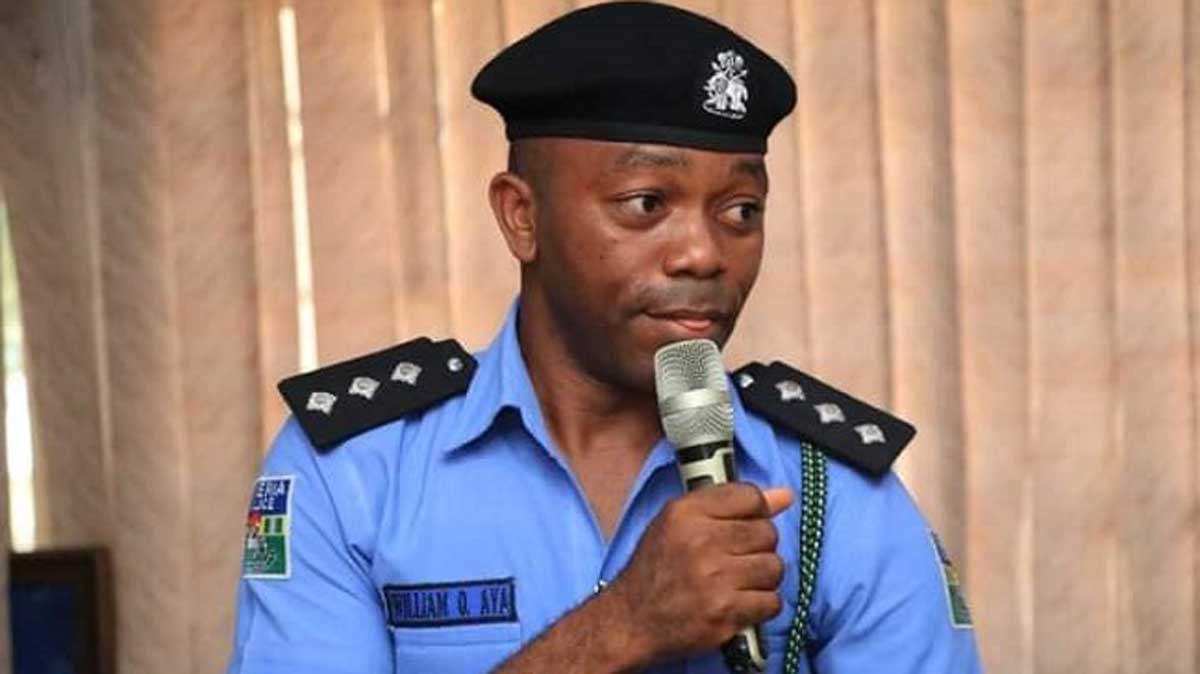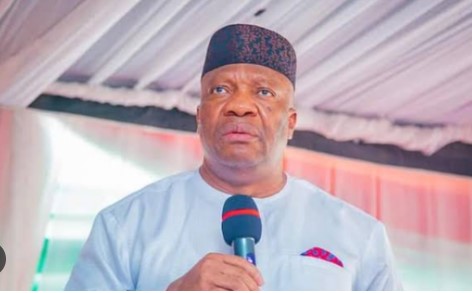I was a junkie who believed in self-improvement back on campus. Aside from lectures and religious meetings, you would likely find me in most skill acquisition workshops or seminars on campus.
One fateful day, my faculty organised one of those events. No, the faculty approved the seminar and with that endorsement, I parted ways with my last N500 to pay the entrance fee.
I recall walking back to the hostel that Friday afternoon, feeling foolish for throwing away my last ‘card’ for a chance to listen to some random guy who promised to teach me a skill that would change my life. Nonetheless, I kept the hope.
It was neither my first time paying for events like that nor would it be the last. A year later, I gave away my monthly stipend of N10,000 to attend a finance seminar in an upscale hotel in Zaria. Although I went hungry for weeks, I survived, vowing never to repeat it.
But who was I to resist? All it took was a poster on any notice board on campus, and I dialed the number at the bottom asking, “How do I pay?”
So, the following Saturday, I arrived early and secured a front-row seat at the faculty lecture theatre, the seminar venue. Having given my ‘widow’s mite’ for this, the worst I could do was sit at the back.
At 10 am, the resource person, a tall, light-skinned man in his early 30s and sporting a navy blue suit, walked upstage amid cheers.
“If the profile the anchor just read is true, then I’m not here in vain,” I reasoned. After a brilliant, spirited talk lasting 45 minutes, Mr Tobi, as he was later identified, introduced us to multi-level marketing, what Nigerians call ‘bring two people’. All the talk led here.
I’ll spare you the needless details. But the two people I managed to bring recruited two others who could no longer get more people. That was how my dream of being a millionaire at 24 and travelling the world with the love of my life fell into the mud. Although I struggled to lengthen my network, I couldn’t get my “downlines” working. Three months later, I cut my losses, closed shop, and faced my studies.
It was easy to close shop because the stakes were not so high for me. After all, I was just an undergrad with many dreams but no dependents and much to worry about. What if I was a president and a failing downline meant my country was failing? What if it meant being labelled a failure, liar, and promise breaker?
This might explain why President Bola Tinubu let out a warning growl to some of his downlines—senior civil service members—during a frank talk at the Aso Rock Villa last Thursday.
The Head of Civil Service of the Federation, Accountant-General of the Federation, Auditor-General of the Federation, federal permanent secretaries, and directors-general of some agencies were in attendance.
You see, like MLM, leadership, and governance run on dependency on subordinates’ performance and hierarchy. In an MLM scheme, a person’s success heavily depends on the recruitment and performance of downline members. The more productive the downlines are in selling products or services and recruiting others, the more benefits accrue to the individuals above them in the hierarchy.
Similarly, a president relies on a hierarchical structure of administration, where cabinet members, advisers, and other government officials play critical roles in implementing policies and ensuring the administration’s success. Their performance determines the president’s ability to achieve policy goals and maintain public support.
However, there are significant differences in purpose. Unlike an MLM, where the objective is often personal financial gain, with success measured by sales, recruitment, and the resulting income, a president’s goals are more complex and public-oriented, with the people’s welfare at its core.
While a president benefits from the performance of the administration, the ultimate goal is (supposed to be) the welfare of the country and its citizens.
Inside the Council Chambers, a furious Tinubu said the civil service, like underperforming downlines, was slowing down the implementation of his well-meaning programmes. He also expressed shock that some civil servants had held some of his welfare initiatives to ransom.
Prepared with his data in hand, Tinubu asked why a major part of the monthly N35,000 wage award he’d promised workers last October remained unpaid until he placed a call from afar away Addis Ababa, Ethiopia.
Here’s how that came out: “Let us make our children’s dreams come true. Why are we slowing that down? It is not just shameful. It is unacceptable. We made a pledge to bring our people out of poverty. You should not increase their vulnerability. Help Nigerians get out of these problems, and do not compound the tough situation with unacceptable delays.”
The President also warned that the ineffectiveness and unnecessary bureaucracy that delayed interventions in the economy and programmes targeting vulnerable citizens would not be tolerated.
Consequently, he directed that a monthly briefing by the Head of Service and submission of key performance indicator reports should be made to his office for review and that quarterly interactive meetings between the President and the Body of Permanent Secretaries would be scheduled.
A presidential source who was privy to the discussions at the meeting narrated it to me this way: “What he said was that the service is slowing down his agenda. He was very angry that his programme was being foiled.
“He said that he expected the civil service to respond positively to the yearnings of over 220 million people, and it has a duty to give them hope.
“He was angry because, in October, the President made a lot of promises to Nigerians. One of them was that he was going to make N75bn available for 100,000 businesses and startups, and the wage award of N35,000 to be paid monthly. But since then, nothing has been done.
“The President was not happy that the N35,000 wage award to civil servants was not paid until he started calling them. He called all the way from Ethiopia, asking, ‘What is going on with this money I promised the people?’ Although it is a six-month award, they have only paid till December 2023.
“They promised to pay the rest soon. The theme of what he said here is that he was just not happy with the service and he expects them to do better. He wants the service not to compound the poverty of the people.”
After the chastening, President Tinubu and his downlines walked out of the Council Chamber smiling and even posed for a photo shoot. Whether or not the growl graduates into a bite depends on how well the downlines perform going forward.



